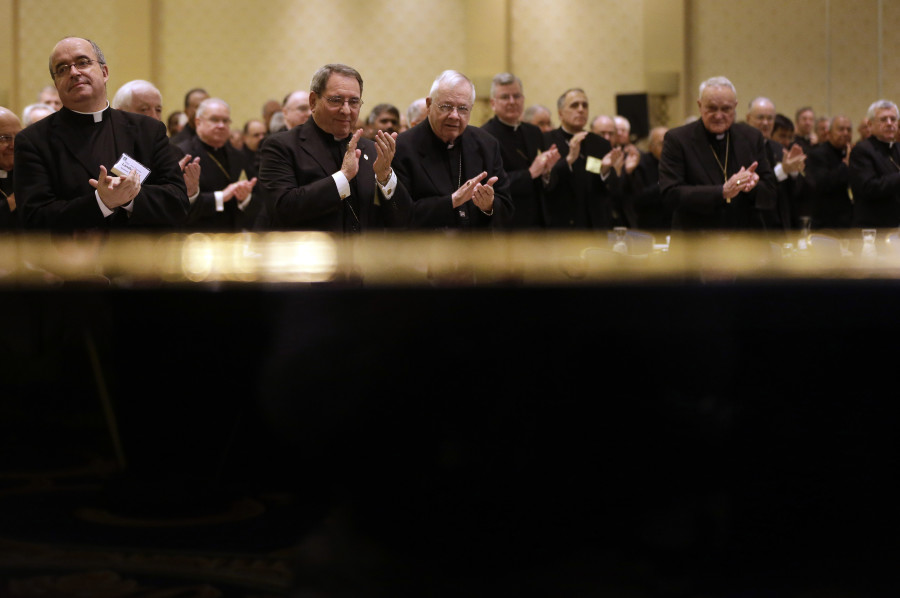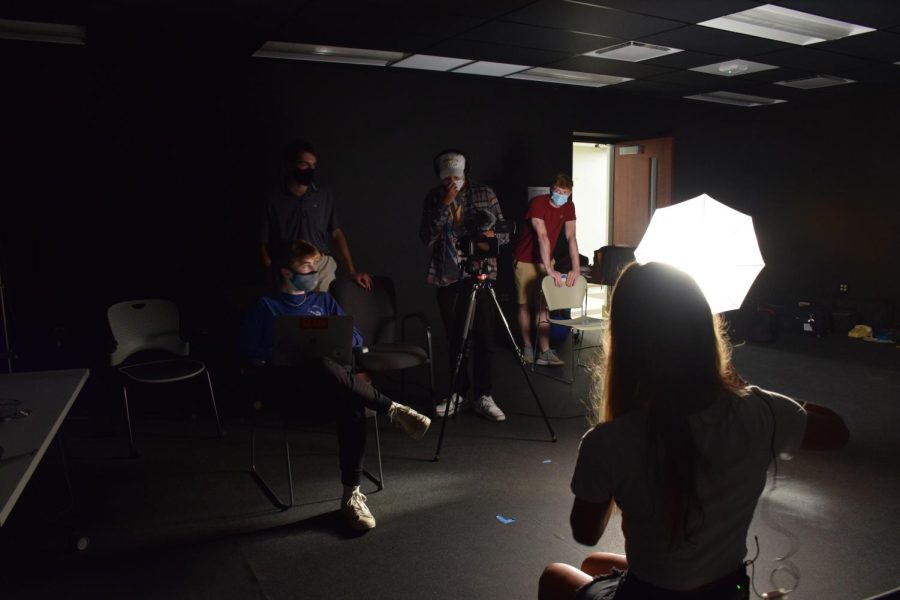
As the chorus of John Lennon’s “Imagine” pays tribute to all of the dreamers in the world, those dreaming of legal U.S. citizenship and education will have to keep fighting for a little while longer.
Tuesday, the DREAM Act — a proposed amendment to the Department of Defense Authorization Bill — failed to pass in the U.S. Senate by a 56-43 vote, when 60 votes were needed to move the bill forward.
DREAM, the Development, Relief and Education for Alien Minors Act, would allow illegal immigrant students the opportunity to earn conditional permanent residency in the United States. Qualified individuals need to have graduated high school in the U.S., shown strong moral character, arrived in the U.S. as a minor and continuously resided there for at least five years prior to the bill’s enactment.
According to a statement from the DREAM Act website, more than three million students graduate from a U.S. high school every year. But, the statement said, not everyone gets the same opportunities.
“Most get the opportunity to test their dreams and live their American story,” the statement said. “However, a group of approximately 65,000 youth do not get this opportunity; they are smeared with an inherited title, an illegal immigrant … they want nothing more than to be recognized for what they are … Americans.”
On Sept. 14, U.S. Senate Majority Leader Harry Reid (D-Nev.) proposed adding the DREAM Act amendment to the bill. The amendment would be paired with a potential repeal of the “don’t ask, don’t tell” military policy for homosexuals in the armed forces and an amendment ending the ban on elective military abortions at overseas hospitals.
Conditions of the DREAM amendment required undocumented immigrants to apply for temporary residency. During this temporary time period of six years, they must complete at least two years of enrollment in a university or the military. Once the six years are up and they complete the enrollment requirement, they can apply for Legal Permanent Residency and U.S. citizenship.
Democrats say the immigration measure would boost military recruitment, while Republicans say it would unfairly reward illegal immigrants with amnesty.
Maricela Aguilar, a junior in the College of Arts & Sciences, has worked to organize students fighting for the passing of the amendment.
An undocumented immigrant who came to the U.S. at the age of three, Aguilar has disproved the notion that undocumented students should not receive schooling. Not only does she attend a university, but she is an honors student.
Aguilar began working with Youth Empowered in the Struggle, the youth chapter of Voces de la Frontera during the second semester of her freshman year. According to its website, Voces de la Frontera “educates workers about their employment rights and organizes to protect and improve the quality of life for low-wage and immigrant workers.”
“I decided that I needed to fight for those of similar situation to me,” Aguilar said. “I joined YES and fought to get in-state tuition passed … I really just jumped right into things.”
Promoting DREAM week, Aguilar and others marched from Sept. 16 through today, from the south to the north side of the 16th Street bridge in a call for social justice. Additionally, on Sunday they marched with the Mexican Independence Parade in Milwaukee.
Chris Piszczek, a freshman in the College of Arts & Sciences, has been involved with Voces de la Frontera and YES for three years. He said these marches happened quickly and it was important to spread their message via word of mouth.
Immediately, he heard some intriguing reactions from classmates.
“We were walking down Wisconsin Ave. past McCormick Hall and some students were yelling out of their windows chanting ‘USA’,” he said. “I had the megaphone so I chanted ‘USA’ right back. They then started booing us and it confused me because nothing we were doing was anti-American. If you look at the First Amendment, we were doing the most American thing possible.”
Aguilar said she has received mixed reactions throughout her time of rallies and protests.
“There are those that understand that immigration is due to poverty in other countries caused by international affairs,” Aguilar said. “But then you have those that fear change.”
Piszczek added while there will always be setbacks, it’s important to keep the rallying going.
Due to the legislation failing, Aguilar said they will have to start over from scratch and get even more people involved. She plans to continue reaching out to Marquette students in both the Latin American Student Organization and multicultural fraternities and sororities.
“Elections are coming up, so we just have to keep going,” Aguilar said. “There are 2.1 million undocumented youth in the country. All of them receiving education is so unlikely that it’s sad. This shouldn’t be happening in a country, everyone should have the same rights.”
Although the movement failed, there are still petitions and rallies occurring nationwide. According to the DREAM Act website, 28,634 supporters in 50 states have signed their name to participate in support.
U.S. Sen. Richard Durbin (D.-Ill.) is also planning to re-introduce the bill again, according to a Huffington Post article. Durbin has been a pioneer for the act, and proposed it in 2007. It didn’t get past a referral to the Senate committee, which was farther than its introduction in 2001.
The Associated Press contributed to this report.






